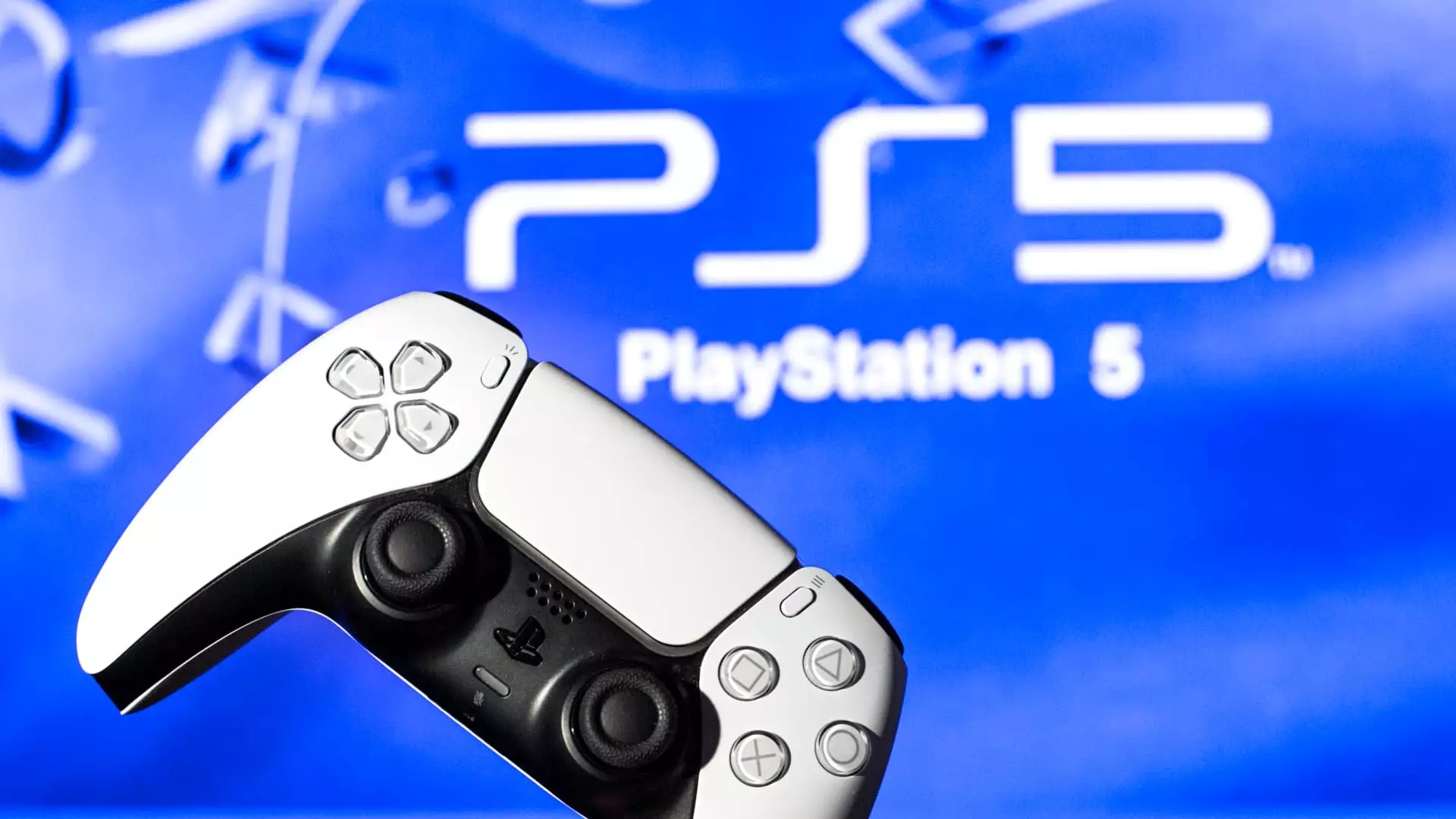Sony Corporation, a renowned name in the global technology scene, has recently demonstrated exceptional resilience in its financial performance, particularly within its gaming division. The company’s latest quarterly report unveiled on a Friday showcases a blend of challenges and triumphs, reflecting shifting tides within the gaming market and broader economic dynamics. Investors and analysts closely scrutinized the figures that emerged, highlighting how Sony managed to exceed expectations in operating profit, even amid a fluctuating revenue landscape.
For the September quarter, Sony reported revenue of 2.97 trillion Japanese yen (approximately $19.4 billion), slightly missing the consensus forecast of 3.03 trillion yen. While this figure marks a commendable 9% increase year-over-year, it raises questions about overall demand in a competitive marketplace. However, the notable highlight of this report is the operating profit, which surged to 455.1 billion yen, significantly outperforming predictions that suggested an income of 336.07 billion yen. This figure represents an impressive 73% year-over-year increase, underscoring Sony’s operational efficiency and strategy effectiveness in a time when many rivals struggle to keep pace.
In light of these financial results, Sony has revised its revenue guidance for fiscal 2025 upwards, adjusting its target from 12.6 trillion yen to 12.7 trillion yen. This revision indicates not only a confidence in continued growth but also a strategic response to the unique challenges faced within the gaming sector. That said, the expectation for full-year operating profit remains consistent with previous estimates at approximately 1.3 trillion yen. Such adjustments signal a carefully calibrated approach by Sony, balancing short-term fluctuations in sales with long-term growth strategies.
Sony’s gaming sector, particularly through its robust PlayStation brand, remains a cornerstone of its financial health. The game and network services division recorded revenue of 1 trillion yen, reflecting a 12% year-over-year growth rate. This growth is primarily attributed to the shift toward digital purchases and the growing popularity of the PlayStation Plus subscription service. However, it’s worth noting that hardware sales have not exhibited the same vibrancy; the company sold 3.8 million PlayStation 5 units, marking a 22% decline compared to the previous year. Such trends suggest a softening console market, largely influenced by a lack of major game releases that typically drive hardware sales.
Despite hardware challenges, Sony experienced a significant surge in game software sales, which climbed 28% to 612.3 billion yen for the quarter. Titles such as Astro Bot, which sold 1.5 million units shortly after its release, highlight the potential of new game launches to invigorate consumer interest and spending. The gaming landscape is further set to be transformed with the anticipated introduction of the PlayStation 5 Pro, enhancing graphical performance and introducing artificial intelligence capabilities that promise sharper visuals. This upgrade effort coincides with the excitement building around high-profile game launches like the forthcoming Grand Theft Auto VI, expected to redefine gaming and attract substantial player engagement.
While Sony’s recent financial performance reveals a robust operating profit and solid growth in certain segments, challenges do remain—particularly in hardware sales and broader industry competition. The company’s proactive measures, including revised revenue targets and the launch of new hardware, indicate a strategic foresight aimed at capturing future opportunities within the gaming sector. As gamers eagerly await the next wave of console tech and blockbuster game titles, Sony’s ability to adapt and innovate will be critical in sustaining its prominent position in the ever-evolving landscape of the gaming industry. The upcoming fiscal periods will be telling, as the tech giant navigates through potential hurdles while leveraging its strengths to forge ahead.

Leave a Reply